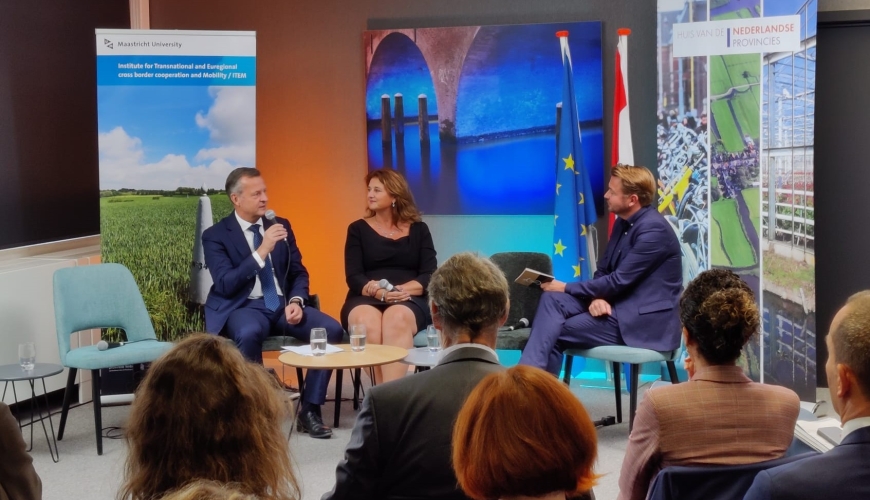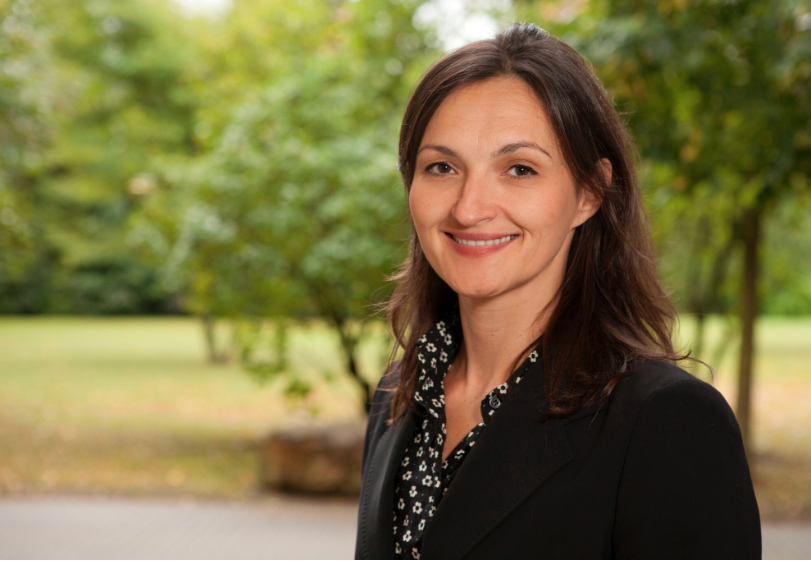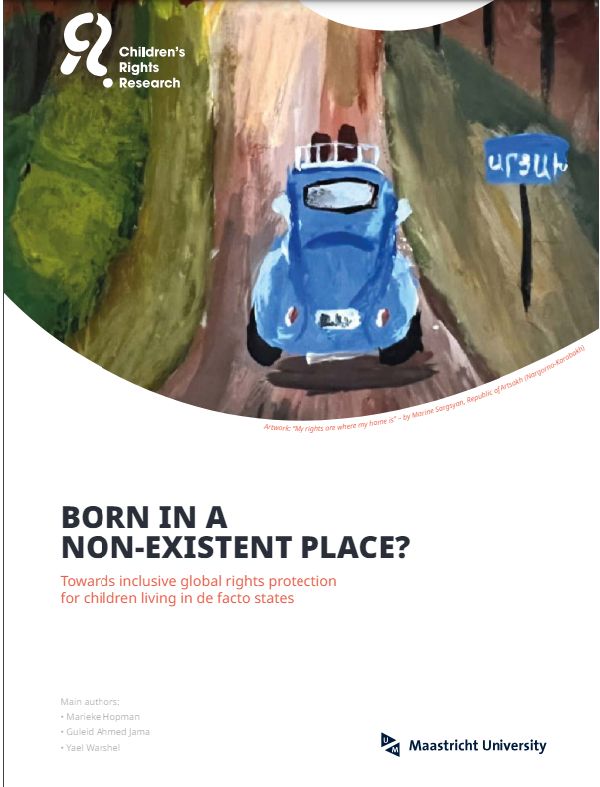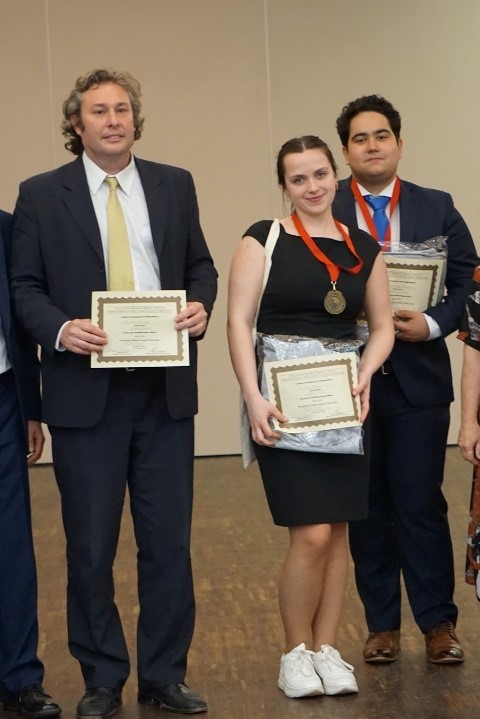Cross-border cooperation is at the heart of the European energy challenge
“We can only solve the energy crisis together, COVID-19 taught us this. We should not close borders like we did in that crisis, we should focus on true cooperation.” With those words, Dr. Tobias Traupel from the Ministry of Economic Affairs, Industry, Climate Protection and Energy of the State of North Rhine-Westphalia, summarized the essence of the HNP & ITEM Side Event on the acceleration of the energy transition through cross-border cooperation. We should not need a crisis however, to realize this, according to Dutch MEP Bas Eickhout: “Regional authorities understand this much better than national governments: if we want to do better, we have to work together.”

Did you miss this event? You can watch it on YouTube.
How to accelerate the energy transition through cross-border, interregional cooperation
On the 12th of October 2022, European politicians, policymakers, scientists and entrepreneurs came together to discuss how the energy transition can be further accelerated, what the contribution of regions should be and how cooperation between countries and regions is of great importance. The event, organized by both the House of the Dutch Provinces (HNP) and the Institute for Transnational and Euregional cross border cooperation and Mobility (ITEM), focused on the specific cooperation between the Netherlands, Flanders, Lower Saxony and North Rhine-Westphalia.
In the joint opening speech by Prof. Dr. Anouk Bollen, ITEM director, and Arthur van Dijk, the HNP president, it became clear how much the current energy crisis is affecting the European regions. Van Dijk: "Cross-border regions have to solve a lot of crises all at once currently. We should not reinvent the wheel, we need to increase cross-border cooperation." Science and the field of knowledge play a very important role in facilitating this transition. Bollen mentioned: “We need to use fundamental research and translate this into societal needs. We are aware that academic studies aren’t easily digestible for society as such. That is why it is important we are here together.”
Cross-border cooperation to speed up the European energy transition
The first panel cited examples of cooperation between the Netherlands, Flanders, Lower Saxony and North Rhine-Westphalia. While steps have been taken since and lessons have been learned from the COVID-19 crisis, there is work to be done to further strengthen cross-border cooperation, especially regarding the topic of energy. Melissa van Hoorn, Regional Minister for Energy of the Province of Groningen, emphasized: “We have more similarities than differences. So many qualities in the cultures of the Netherlands and Germany complement each other. This energy crisis brings us together and should lead to more cooperation.” Traupel shared this view, stating that “We are in the economic strongest part of Europe, because we have such strong neighbours. We should use our strengths to overcome crises such as these.”
It is important that agreements are made which are tangible for citizens and make living in a safe border region affordable and possible. Therefore, projects that create such benefits, should be easier to carry out. Filip D’havé, the General Representative of Flanders to the Netherlands, related to this, saying: “Procedures differ a lot throughout regions and countries. When we adapt our ways of working to each other, it doesn’t take years to start up cross-border projects. We have the knowledge to do so. We need to have the procedures aligned as well.”
European policy initiatives to accelerate the energy transition on an interregional level
In addition to European legislation such as the Green Deal, the “Fit for 55” package and the REPowerEU-plan, it appears that more is needed for neighbouring countries to translate European rules and objectives to accelerate the energy transition. Eickhout emphasized this regarding electricity from renewable sources: “Our economy will have a tremendous electrification ahead of us, especially regarding renewables. That requires a massive investment, but also a European grid where supply and demand meet. We need a European debate: what do we want with our energy system? Unfortunately, we are still not having this talk.”
In order to make optimal use of the European regulations and to realize the energy transition, the involvement of the public is key, according to Rosalinde van der Vlies, Director Clean Planet at the European Commission. Van der Vlies emphasized: “One of the big advantages that we see at the local level, is that you can much more directly involve the right stakeholders and the public, which helps governments to break down the silos. A human-centric approach is crucial if we want to be successful in our energy transition.”
The role of the industry and science to fasten the energy transition together
Part of the solutions for solving border issues arises from the joint efforts of industry and science. The European Commission is committed to creating a pan-European innovation ecosystem in which companies can easily expand their activities across borders. By leading the way in innovation, Europe aims to accelerate the digital and green transition. It is essential that Europe creates and maintains strategic autonomy within the crucial sectors surrounding the energy issue. Philippe Adriaenssens, Policy Director at the European Round Table of Industry, stressed this “Production companies either have had to shut down or curtail production because of energy prices. There is a risk that they move out of the EU. We have to invest in an EU-wide energy market and keep these companies with us.”
Martin Unfried, Senior Researcher at ITEM, explained how the right framework can contribute to cross-border cooperation: “I looked into the regulatory framework of border regions. There are hardly any cross-border projects on renewable energy, there are no shared wind parks among the Netherlands, Belgium and Germany. It is interesting that the Renewable Energy Directive makes way for governments to work together, but they are not doing this. It is not a problem of EU directives, but of their transposition into national legislation.”
To conclude, Thaddeus Anim-Somuah, Engineer and Climate Pact Ambassador, acknowledged that it takes both the cross-border regions, member states and educational institutions to bring forward the right people for the right job: “Knowledge is not the problem right now. We now how climate change works, what causes it and how to prevent it. It has all been written. We can get there. It is not a question of “Is it possible?”, but of actually doing it with the right people. If we want more skilled people, it is going to take all of us. Not just one region, one government, but all of us.”
Did you miss this event? You can watch it on YouTube.
The ITEM Annual Conference 2022 builds on these conclusions.
Also read
-
MCEL is organising a seminar featuring Prof. Eleftheria Neframi on the constitutional limits to sustainable development in the EU's external action.
-
The Children’s Rights Research team worked on a report that shows how the rights of children in de facto states can be included in de United Nations human rights monitoring and reporting cycles.
-
The international finals of the Brown-Mosten International Client Consultation Competition (ICCC) took place in Lublin, Poland, in the second week of April 2024. The finals were organized by the Catholic University of Lublin. Teams from 22 countries from all over the world participated.
- from Faculty of Law


